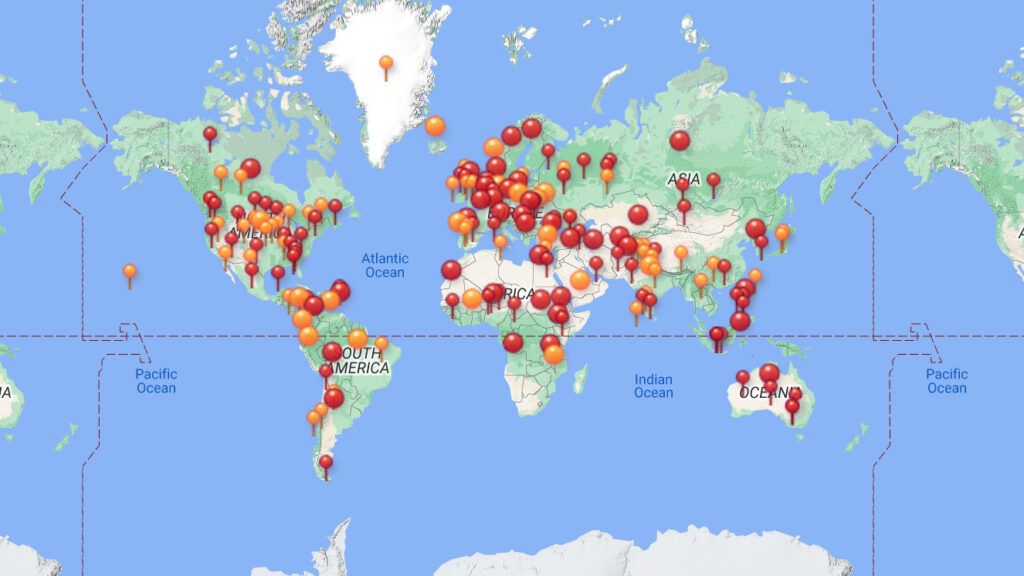The organization that runs ProMed, an early warning system on disease outbreaks, defended its plans to charge a subscription for its service on Friday, calling it “the only viable path forward” given the resources required to run it.
In a lengthy statement, the head of the International Society for Infectious Diseases (ISID) apologized for “any confusion and distress” caused by communication of the group’s plans. But she also said there was little choice but to move to a subscription-based model.
“Moving toward a predictable sustained revenue stream for the massive amount of work that takes place within ProMed is not something we should be afraid to talk about,” Linda MacKinnon, the CEO of ISID, said. “It takes resources to provide early warning alerts to the world that so many industries, bodies, and governments depend on.”
The statement was released one day after a group of 21 ProMed moderators issued a letter of protest, saying they had not been informed of the plans to move to a subscription-based model, expressing a lack of confidence in ISID’s administrative operations, and revealing that their pay was in arrears.
The public airing of concerns suggested ProMed, which the infectious disease community has come to regard as a vital resource, was in crisis. Many noted that ProMed, which uses unofficial sources to gain intelligence about disease outbreaks affecting people, animals, and even plants, was the first service to sound the alarm about not just the original SARS outbreak but the start of the Covid-19 pandemic. Since its start in 1994, it has been a free service.
In her statement, MacKinnon sought to reassure users that ProMed services will continue, but in a “limited capacity” while ISID worked to reach agreement with the moderators who signed the letter of protest. She said the delays in their payments were “not a unique situation because ProMed has always operated on a shoestring budget.”
It was not clear whether ISID would work to bring the moderators who issued the protest back on board. MacKinnon also did not detail the organization’s financial needs. But she said it was “currently in a funding pinch.”
That situation, she suggested, precipitated the move to establish a more sustainable revenue stream through subscriptions. At the same time, she said, ISID was “open to funding proposals from any interested party.”
“Many have stated the need for ProMed and talked about the need for change,” she said, “but no one has followed this up with concrete funding.”
“Despite this,” she added, “we have continued to provide the world with many key first alerts in the modern age, with subject matter expert data curation unparalleled by any other entity.


